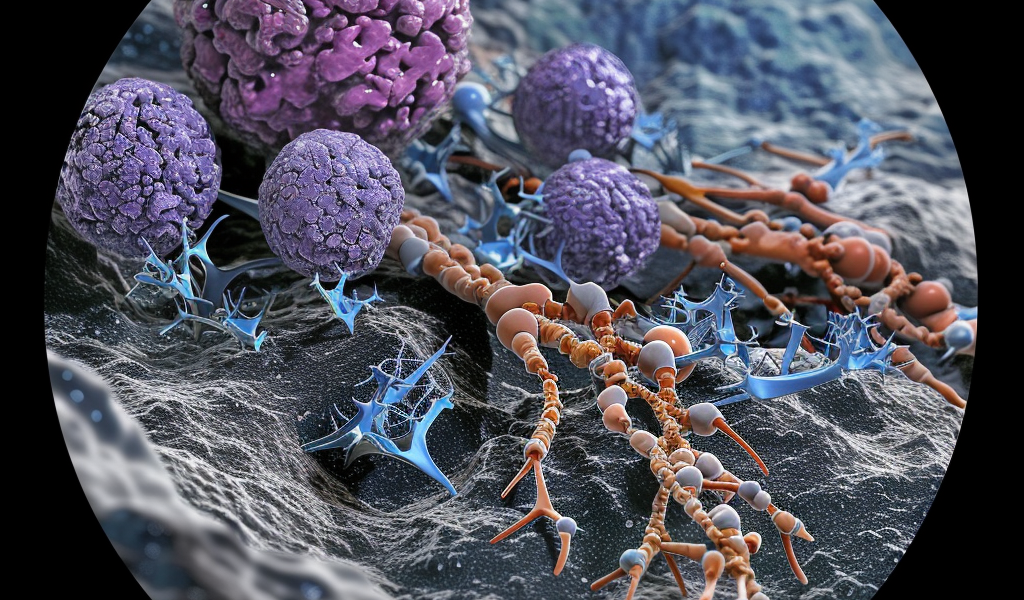New Insight into Combatting Drug-Resistant Prostate Cancer
Research from the University of Eastern Finland has uncovered new insights into combatting drug-resistant prostate cancer. The study highlights the significance of the glucocorticoid receptor in drug-resistant prostate cancer, suggesting that limiting the activity of coregulator proteins could prevent the development of drug resistance.
Glucocorticoids play a crucial role in regulating vital biological processes by affecting gene encoding through a DNA-binding transcription factor, the glucocorticoid receptor. Due to their strong anti-inflammatory effect, synthetic glucocorticoids are among the most prescribed drugs worldwide, used to treat inflammatory diseases and as adjuvant therapy for cancer patients to alleviate the side effects of cancer therapy. In blood cancer, glucocorticoids are important drugs that limit the growth of cancer cells.
However, recent studies have revealed that the glucocorticoid receptor also has a cancer-promoting effect in cancers such as breast and prostate cancer. In prostate cancer, the glucocorticoid receptor can replace the activity of the androgen receptor, the main oncogenic factor in this cancer, when its activity is inhibited by drug therapy, leading to the development of resistance to drug therapy.
Academy Research Fellow, Docent Ville Paakinaho of the University of Eastern Finland, emphasized the importance of studying how the glucocorticoid receptor functions on the cellular and molecular level in cancer, given its drug resistance and cancer-promoting effects.
The Paakinaho Lab conducted two recent genome-wide deep sequencing studies on the subject. The first study, published in Nucleic Acids Research, delved into how the glucocorticoid receptor replaces the androgen receptor on a molecular level. Doctoral Researcher Laura Helminen of the University of Eastern Finland explained that the study revealed the glucocorticoid receptor’s ability to utilize regulatory regions already active in prostate cancer cells. This suggests that glucocorticoid receptor-mediated drug resistance emerges through these regulatory regions, and by affecting their activity, the harmful effects of glucocorticoids in prostate cancer could be prevented. Bioinformatics analyses identified the pioneer transcription factor FOXA1 as one possible target, known for its cancer-promoting properties.





